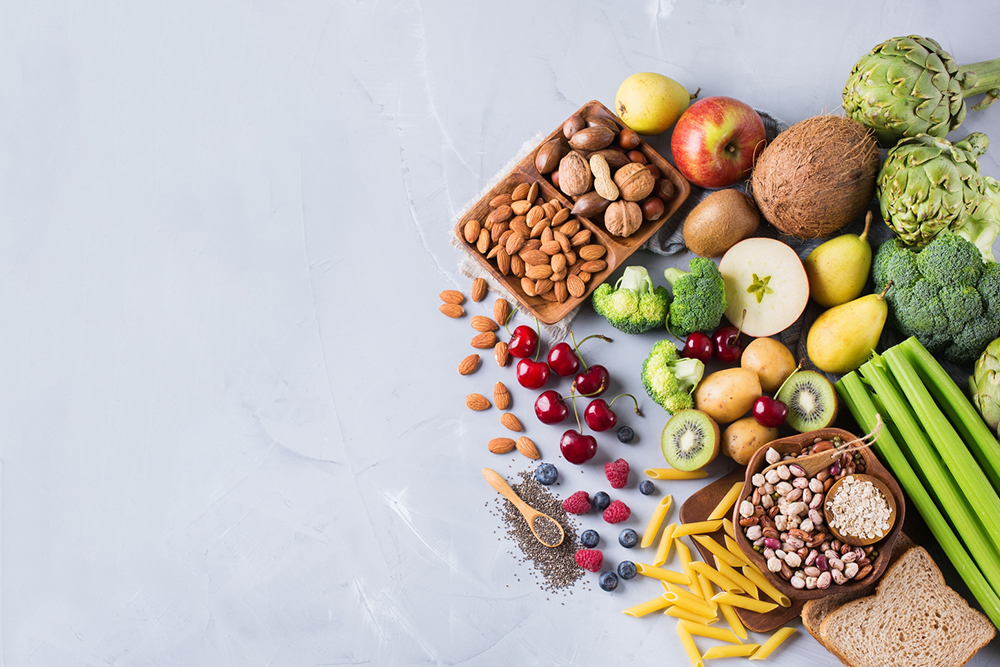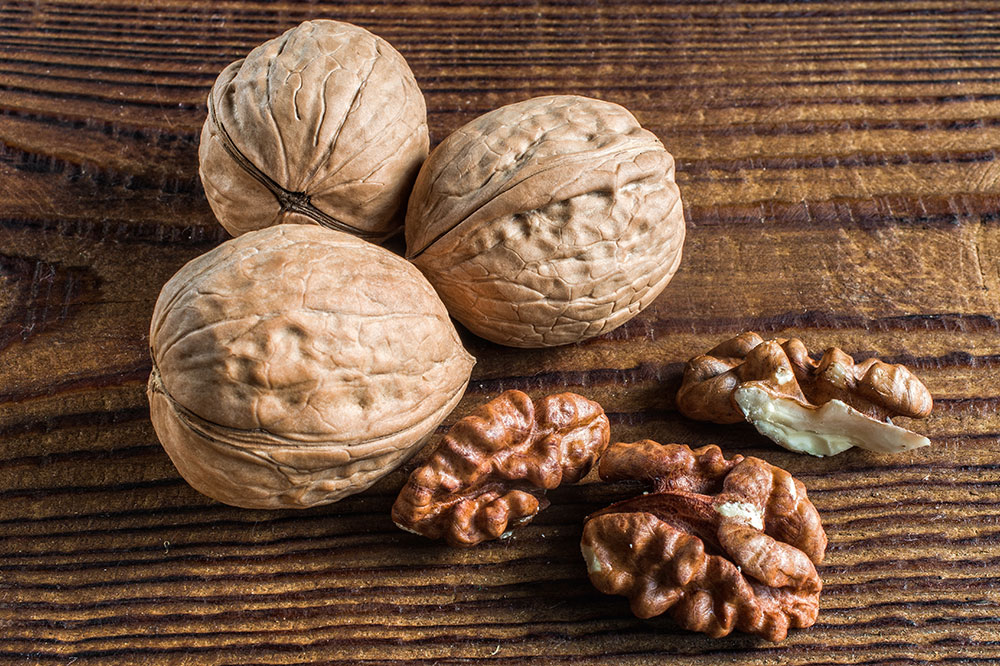Dietary Tips for Dementia Prevention and Management
This article provides essential dietary recommendations for supporting brain health and managing dementia. It highlights nutrient-rich foods like berries, fish, greens, and green tea, while advising to limit processed, sugary, and fried foods that could increase dementia risk. Adopting these nutritional strategies can promote cognitive longevity and overall well-being.
Sponsored

Dietary Strategies for Dementia Support
Dementia is a prevalent cognitive disorder affecting many seniors, with approximately 5.6 million Americans aged 65 and older living with the condition. Recently, an uptick in early-onset dementia cases in those under 65 has been observed. While medical treatments exist to ease symptoms, a nutritious diet plays a vital role in cognitive health. The foods consumed directly influence brain function and longevity.
Recommended foods
1. Berries
Rich in antioxidants, berries like blueberries, blackberries, and strawberries support brain and heart health. They combat oxidative stress, which can accelerate cognitive decline. Incorporate berries into smoothies, salads, yogurt, or enjoy as snacks for a brain boost.
2. Quinoa
This whole grain supplies complex carbs, vitamin B, and iron—nutrients vital for mental clarity. These help nourish brain cells and improve memory and focus.
3. Fatty Fish (Salmon, Mackerel, Sardines)
Omega-3 fatty acids from fatty fish like salmon and sardines protect brain tissue against inflammation and promote neural connections. Regular consumption supports cognitive function and overall brain health.
4. Leafy Greens
Spinach, kale, and broccoli are packed with vitamin E and folate, helping lower homocysteine levels linked to increased dementia risk. Adding greens to meals supports nerve and heart health.
5. Green Tea
Green tea contains L-theanine, an antioxidant that enhances brain function and relaxation. Drinking green tea can help prevent cognitive decline and improve mood and memory. Matcha tea can be a tasty alternative or additive to smoothies.
6. Dark Chocolate
High-cocoa dark chocolates contain flavonoids, caffeine, and theobromine, which boost blood flow and cognitive activity. Consuming small amounts regularly can enhance concentration, memory, and mood.
Foods to Limit or Avoid
1. Sugary Drinks
Beverages with high sugar content, like sodas and sweetened juices, raise the risk of diabetes, a factor linked to dementia development. Reducing intake supports brain health.
2. Fried Foods
Foods like French fries accelerate bodily aging and impair cognitive function. Minimizing fried items can help preserve mental clarity.
3. Ultra-Processed Foods
Foods high in sugars, unhealthy fats, and salt contribute to inflammation and neurodegeneration. A diet rich in whole, unprocessed foods benefits cognition and reduces dementia risk.






